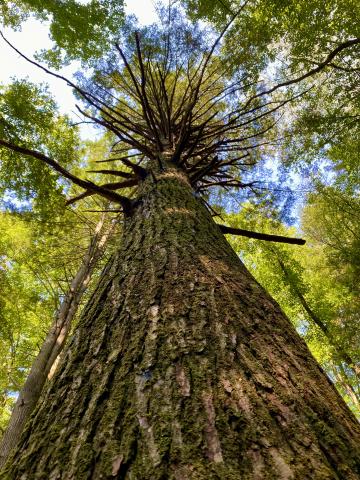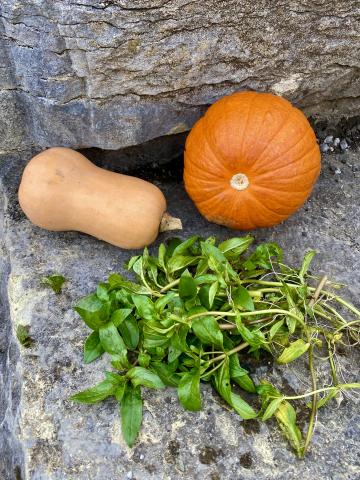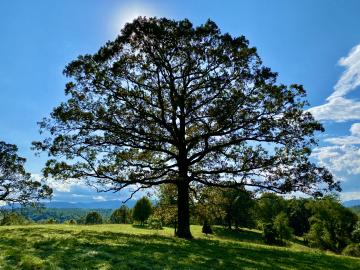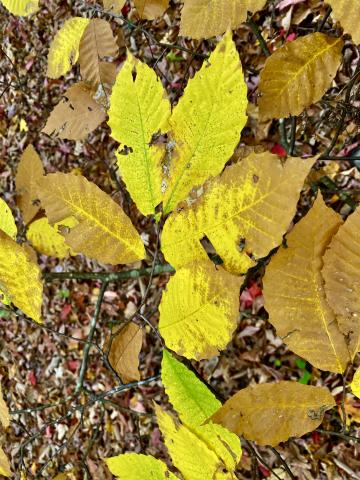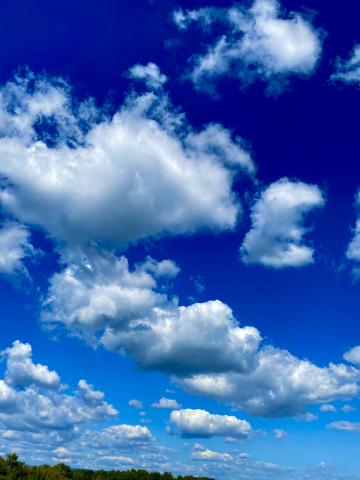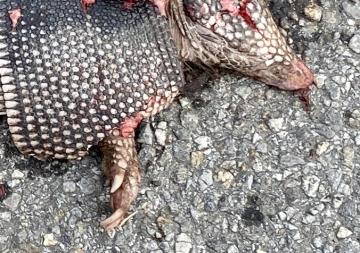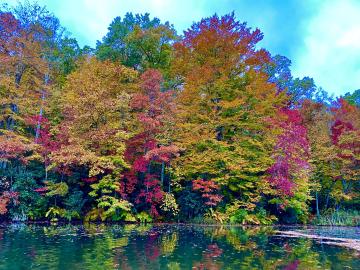The Flora and Fauna of Christmas
Christmas traditions are often things from the natural world, and I started listing them and it turned out to be a long list. the list. I ended up researching the origin of how some plants and animals became synonymous with Christmas.
- Read more about The Flora and Fauna of Christmas
- Log in to post comments


